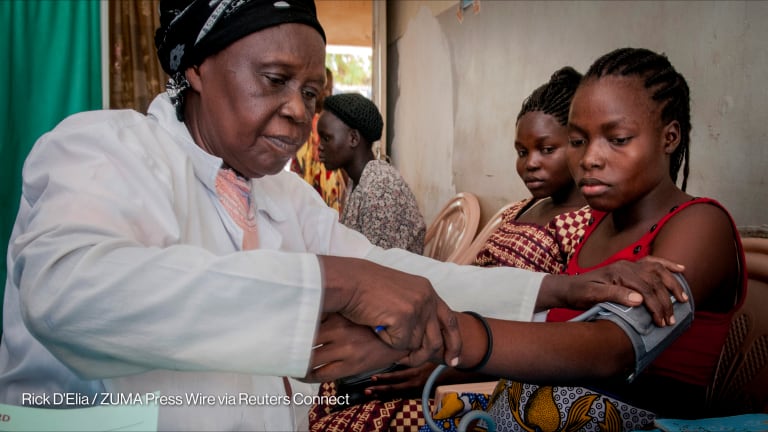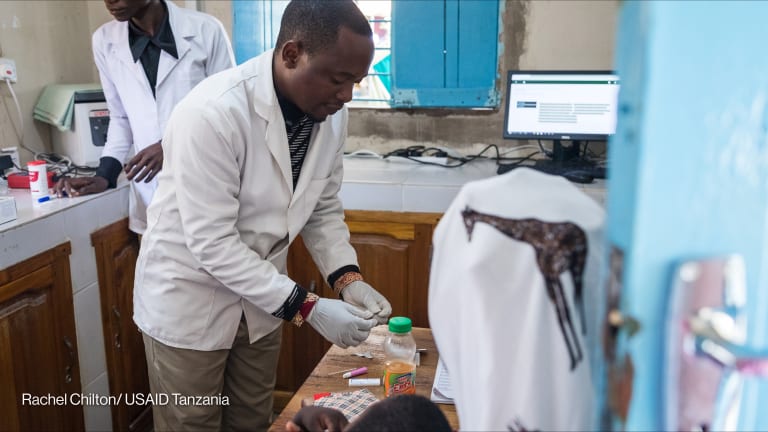Radical shifts in aid and development are forcing the entire global health sector to make long-overdue adjustments and to eliminate well-entrenched habits in addressing the challenging question: How do we design a new global health ecosystem that is effective, resilient, and fair?
2025 is unfolding as a year of unprecedented disruption and political turmoil for the global health and international development sector, challenging paradigms developed over decades. This change has largely been triggered by the decision of the Trump administration to withdraw the United States from the World Health Organization, even though the U.S. helped establish it 77 years ago and was its largest donor.
The U.S. administration has also made major funding cuts to development and humanitarian aid, leading to enormous hardship and increased mortality in many of the world’s most vulnerable communities.








